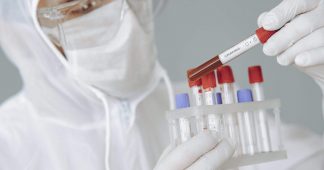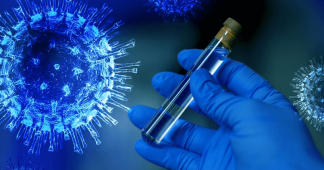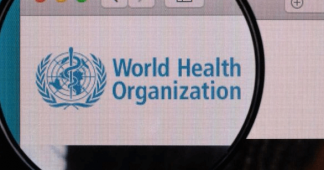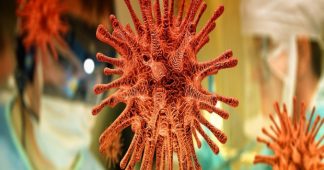By ,
Professor, Johns Hopkins School of Medicine
After 54 years at the NIH, tomorrow marks Dr. Anthony Fauci’s last day in office as director of the National Institute of Allergy and Infectious Diseases (NIAID). While many were angered by his changing and conflicting recommendations, I am not. They are mere symptoms of a much larger and deeper problem. Dr. Fauci’s agency failed to promptly fund key research during the pandemic. That research would have abruptly ended many of the COVID controversies that divided our country.
In a study of NIH funding published in The BMJ, my Johns Hopkins colleagues and I found that in the first year of the pandemic, it took the NIH an average of five months to give money to researchers after they were awarded a COVID grant. This should be unacceptable during a health emergency.
Consider the question of how COVID spread—was it airborne or spread on surfaces? (Remember all those people wiping down their groceries?) It lingered as an open question without good research for months, as Fauci spent hundreds of hours on television opining on the matter. Finally, on August 17, 2021—a year and a half after COVID lockdowns began—Dr. Fauci’s agency released results of a study showing the disease was airborne. Thanks for that. The announcement on the NIAID website, titled “NIH Hamster Study Evaluates Airborne and Fomite Transmission of SARS-CoV-2” came 18 months too late.
Continue reading at www.newsweek.com
We remind our readers that publication of articles on our site does not mean that we agree with what is written. Our policy is to publish anything which we consider of interest, so as to assist our readers in forming their opinions. Sometimes we even publish articles with which we totally disagree, since we believe it is important for our readers to be informed on as wide a spectrum of views as possible.











